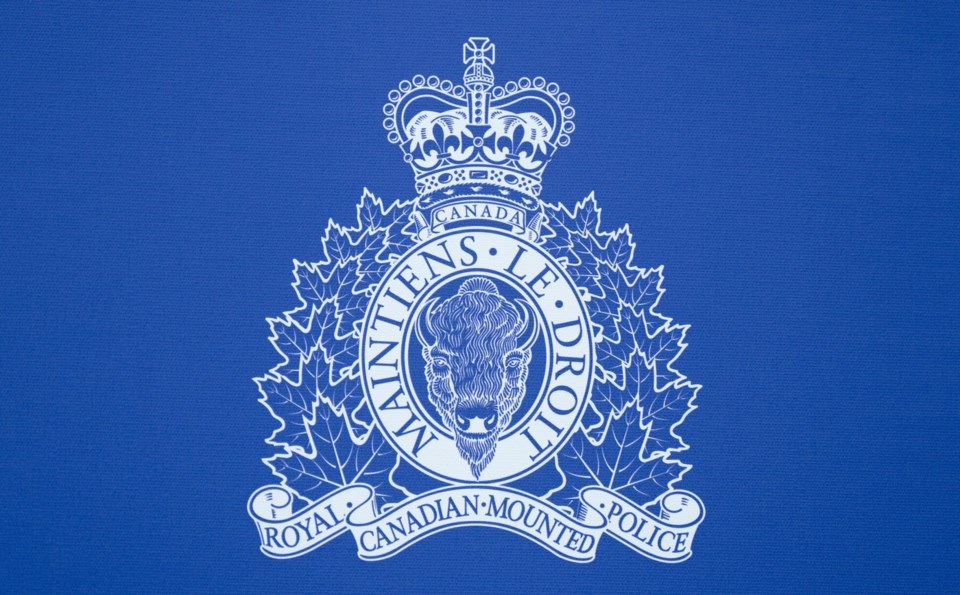IQALUIT ŌĆö A Toronto woman who pleaded guilty to a case of Inuit identity fraud could face up to two years in jail, which would mark one of the first times a case of Indigenous identity fraud resulted in imprisonment.
Karima Manji previously pleaded guilty to one count of fraud over $5,000 after she submitted an application claiming false Inuit status for her twin daughters. The two women then used the enrolment cards to receive monetary benefits from two organizations.
Charges against the daughters, who are not Inuit, were dropped after Manji pleaded guilty in February.
"Ms. Manji's actions were deliberate and calculated," Crown prosecutor Sarah White said during a sentencing hearing in Iqaluit on Monday.
"She knowingly made false declarations about Indigenous status understanding that such declarations would result in financial gain in her family."
Court has heard Nadya and Amira Gill received sponsorship funding from the Kakivak Association, an organization that provides funding to Baffin Inuit for education-related expenses.
The two women received a total of $158,254 from September 2020 to March 2023. Another $64,000 was on hold for Amira Gill in the spring of 2023 but was not paid out.
The Crown asked for a sentence of between 18 months and two years in custody, while the defence argued for a conditional sentence or for a shorter sentence of nine to 12 months.
Nunavut Justice Mia Manocchio revoked Manji's bail saying, "a period of incarceration is required in this case."
The case came to light after the family of an elderly Inuk woman raised the issue Manji and the Gill sisters were falsely claiming familial ties to the woman, who has since died.
Court has heard Manji gave birth to her daughters in Mississauga, Ont., in September 1998.
In February 2016, Manji completed an enrolment form for Inuit children for each daughter. The process, which enrolls Inuit children in the Nunavut Tunngavik land claim, is jointly run by Qikiqtani Inuit Association and Nunavut Tunngavik Incorporated.
In the forms, Manji included information that Nadya and Amira were Inuit children, that their birth mother was an Iqaluit woman named Kitty Noah and that Manji was the adoptive mother of the children, said an agreed statement of facts entered into court.
Court heard Manji sent in the enrolment forms and both applications were approved. Enrolment cards were issued for both daughters.
She gave her daughters the fraudulent enrolment cards, and they were unaware the cards were fraudulent. Both daughters were later removed from the enrolment list in 2023.
During the sentencing hearing on Monday, Noah Noah described his mother, Kitty Noah, as a loving, caring and considerate woman who was taken advantage of.
"She was kind despite not having much ... this is in contrast to what you are," Noah Noah read from a victim impact statement directed at Manji.
He added he is sympathetic for the Inuit children who the funds were meant to help.
The case may be the first of its kind in Canada where Indigenous fraud has resulted in criminal charges and a conviction, said White.
It is part of the broader Indigenous identity fraud issues that "plagues" Canada, said Marie Belleau, legal counsel at Nunavut Tunngavik Incorporated.
"Indigeneity is seen as a benefit, a dollar sign and a new form of resources to profit from. It is another reprehensible form of abuse," she said.
Court heard Manji has paid back about $130,000 of the money that was given to the twins, and intends to pay back the remainder.
Manji apologized in court on Monday, saying she hopes by pleading guilty and repaying the funds, it will show she is trying to correct her crimes.
"I'll accept any sentence that you give me with grace and dignity."
Manji also has a criminal record for fraud. In August 2017, she received a conditional sentence of two years less a day, followed by one year of probation, for fraud over $5,000.
Manocchio is expected to give her decision on Thursday morning.
This report by The 91įŁ┤┤ Press was first published June 24, 2024.
--By Brittany Hobson in Winnipeg
The 91įŁ┤┤ Press



